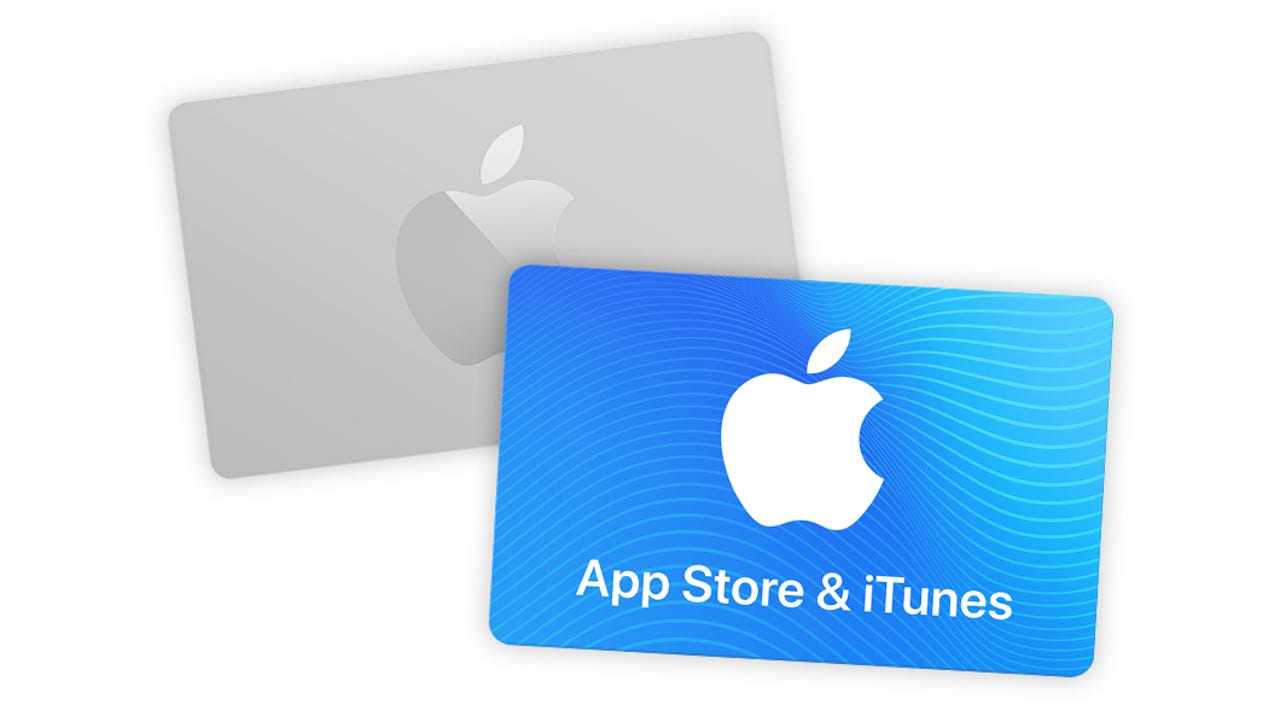Apple sued for not taking action against iTunes gift card scams


Apple has been sued in a California court for not doing enough to combat iTunes gift card scams.
According to court documents, plaintiffs in a class-action lawsuit filed earlier this month claim that Apple is aware and knowingly permitting iTunes gift card scams to perpetuate as it allows the company to make a profit from the scammed funds.
What's an "iTunes Gift Card Scam"
The iTunes gift card scam has been around since the mid-2000s when Apple introduced gift card for the iTunes store, which it later expanded to all its stores under its current official name of "App Store & iTunes Gift Cards."
SEE: Navigating data privacy (ZDNet/TechRepublic special feature) | Download the free PDF version (TechRepublic)
There are several variations of this scam, but the vast majority follow the same loose pattern.
Scammers call a victim citing an urgent and time-sensitive scenario that requires a payment for things like taxes, hospital bills, bail money, debt collection, and utility bills. They urge victims to buy an iTunes gift card from a local retailer and pass the card's serial code and its PIN to the scammer as proof of payment.
Most of the scam's targets are elderly who may not be aware that iTunes and Apple Store gift cards can only be used on Apple stores and nowhere else -- such as paying bills or taxes in the real world.
The "scam" is that by the time victims realize this small detail, the scammer has already used the gift cards' funds. Scammed funds are typically laundered in various ways, but three methods are often encountered:
- The scammer uses funds to buy an Apple device (Mac, iPhone, iPad, or other), which it later resells to gain access to real-world fiat currency.
- The scammer uses the funds to buy perks or digital currency in an app or game they have set up, creating real-world provits for a company they owned or have partnered with.
- The scammer resells the gift card code and PIN to other criminals.
Lawsuit: Apple has benefited from letting scammers run wild
In their lawsuit, plaintiffs say that despite knowing of this problem for years, Apple has not done anything to prevent it, besides putting up a web page on its website with a simple warning.
"Apple is incentivized to allow the scam to continue because it reaps a 30% commission on all scammed proceeds, and knowingly or recklessly, Apple plays a vital role in the scheme by failing to prevent payouts to the scammers," court documents read.
Plaintiffs say that despite Apple's tight control of all App Store transactions and gift cards, the company "falsely tells victims that 100% of their money is irretrievable."
"Apple retains 30% of the spent funds for itself. At all times, this amount remains retrievable to the consumer. Apple holds the remaining spent funds for four to six weeks before paying the third-party vendors on the App and iTunes stores on which the stored value was spent, meaning the remainder is also retrievable to the consumer," the lawsuit alleges.
The plaintiffs claim that Apple has violated the California Consumers Legal Remedies Act (CLRA) that grants victims relief for any losses they suffer following an unlawful act.
The current plaintiffs, all elderly of 50+ years, are now seeking material relief for funds they lost during past scams.
They are also seeking an injunction to block Apple from transferring any money to Apple Developer accounts associated with known gift card scams.
Based on FTC complaints and statistics, the court documents estimate iTunes gift card scams losses to be around $1 billion, with Apple retaining $300 million in commissions.
According to a 2018 FTC report, a quarter of victims who are reporting falling victim to a scam said they were asked to pay by acquiring a gift card and passing on the card's code. Of all gift card scams, the FTC said that iTunes cards accounted for 23.7% of all cases in 2018, the most of any type of gift card scam.